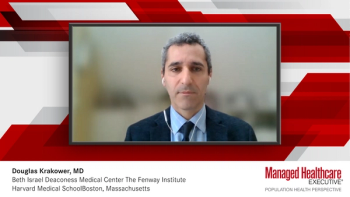
Strategies that can help address disparities in care for patients with HIV and reach high-risk groups of patients to ensure access to screening and PrEP.

Strategies that can help address disparities in care for patients with HIV and reach high-risk groups of patients to ensure access to screening and PrEP.
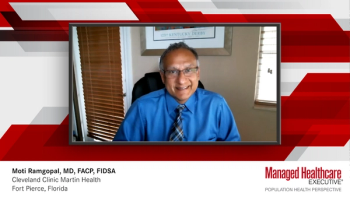
The advantages of coordinated care between multiple health care providers when managing patients on HIV PrEP therapy.
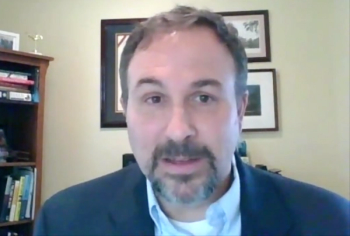
In the final part of a two-part video series, Wes Gilson, senior director MR of Business Development at Siemens Healthineers, advises how payers and health facilities can help improve patient access to MRI care, and shares some MRI alternatives.

In this first part of a two-part video series, Wes Gilson, senior director MR of Business Development at Siemens Healthineers, addresses why improving access to magnetic resonance imaging (MRI) is crucial to advancing health equity, and what barriers are limiting that access to patients.
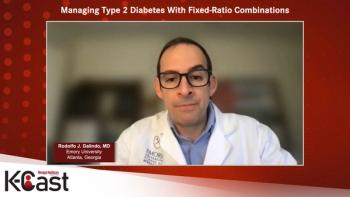
A key opinion leader reviews clinical data for newly approved injectable medications, iGlarLixi and iDegLira, for the management of type 2 diabetes as seen in the LixiLan-O and DUAL studies.

Rodolfo J. Galindo, MD, provides insight on the benefit of fixed-ratio combinations of basal insulin and GLP1 agonists for the optimal management of type 2 diabetes.
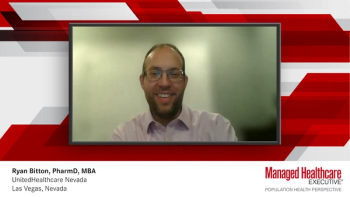
Discussion regarding HIV PrEP walkaway rates and strategies that can help support patients and increase adherence to therapy.

Recommendations when talking with patients about goals of HIV PrEP and ensuring a patient-centered approach to care.
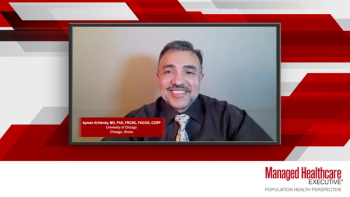
Dr Al-Hendy discusses the impact UF has on a patient’s life and their typical patient journey through the healthcare system.

Ayman Al-Hendy, MD, PhD, FRCSC, FACOG, CCRP, provides a comprehensive background on uterine fibroids, explaining everything from clinical burden to symptoms.

Payer perspective regarding strategies that can be deployed to help improve the patient/provider experience and utilization of PrEP therapy as prophylaxis against HIV.

The financial burden associated with HIV and the potential effects of PrEP uptake on overall costs of care.

Considerations to help identify and increase utilization of PrEP therapy among patients who are eligible for treatment.
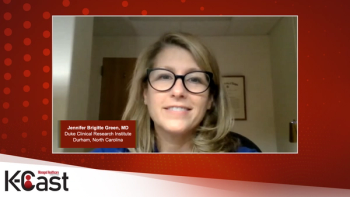
Dr Jennifer Brigitte Green considers the patient selection for fixed-ratio combinations of basal insulin and GLP-1 receptor agonists among patients with type 2 diabetes and provides insight around Medicare patient access to insulin and injectable medications.

Jennifer Brigitte Green, MD, discusses the reasoning behind clinical inertia in treating patients with type 2 diabetes and comments on achieving and maintaining glycemic control over an extended period.

Dr Jennifer Brigitte Green addresses clinical considerations for patients with type 2 diabetes who are not responding to their oral antidiabetic agents and discusses her strategy for insufficient target glycemic control with insulin regimens.
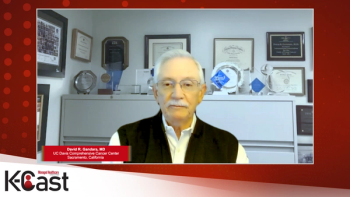
Closing out his discussion on CGP, David Gandara, MD, looks toward future opportunities for CGP in screening patients before or after surgery.

Considering the value of comprehensive genomic profiling, David Gandara, MD, highlights the importance of supporting access to testing.

A brief discussion on the value of commercially available comprehensive genomic profiling over homegrown testing.

In this interview, Briana Contreras, associate editor of Managed Healthcare Executive, spoke with Shara Cohen, CEO of Carallel, an organization built to support caregivers. Cohen not only spoke about who caregivers are and the vital role they play in healthcare, but the challenges they face. She also discussed ways health plans can do better to meet the needs of today’s caregivers.

David Gandara, MD, explains how the scope of comprehensive genomic profiling has shifted from a select few patients to the majority.

A review of how comprehensive genomic profiling can better inform treatment planning and alleviate health care economic burden.
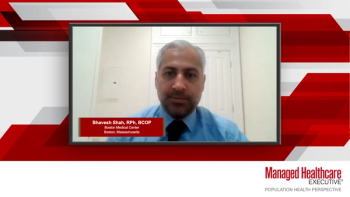
Current strategies used to evaluate the performance of therapies used to treat atopic dermatitis and guide formulary decisions, and recommendations to help patients receive access to effective therapies.
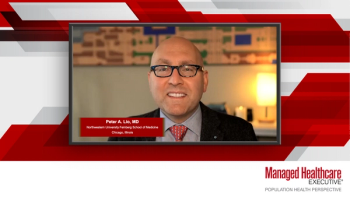
Payer and clinician insight regarding access to effective therapies for atopic dermatitis and potential challenges adopting new therapies, including topical JAK inhibitors, into clinical practice.

An overview of limitations faced by payers and clinicians who play a role in the management of atopic dermatitis.


Expert perspective on clinical and personal improvements in cancer care made available by appropriate use of comprehensive genomic profiling.

David Gandara, MD, focuses on the differences between liquid biopsy and tissue-based CGP, suggesting a role for both in the current treatment landscape.
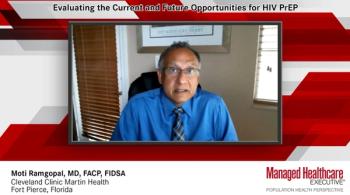
Clinician Moti Ramgopal, MD, FACP, FIDSA, highlights key components of a successful HIV PrEP program and comments on the role of providers in introducing these components throughout a patient’s continuum of care to maximize outcomes.

Jennifer Brigitte Green, MD, reviews her treatment approach for managing patients with type 2 diabetes and shares insight on how to identify patients that are uncontrolled with oral antidiabetic agents.